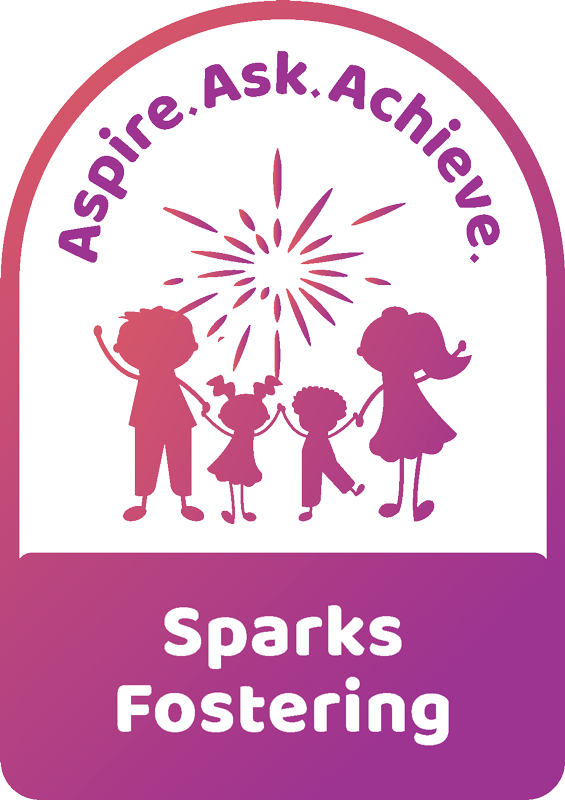What emotional challenges do foster children face?
One way to think about the experience of children who move into a fostering home is to consider how it would feel if an official walked into your home today and told you to pack your most important items in half an hour; then official then takes you to another country and puts you with a family who barely speaks English; you’re told that you’ll be there indefinitely and you can’t have contact with your family and friends until plans are in place. Children react in the same way that many adults would in that situation – some are distraught and may be angry or sad, some experience a form of shock and take several days or weeks to come to terms with what is happening, and some (especially those who had a difficult life beforehand) are grateful to be able to make a new start in a healthy environment. Any subsequent move leads to more trauma and impacts the ability of the child to make the most of their life.
Some of the emotional challenges that foster carers should look out for and support with include:
Shock and denial
Many children experience a ‘honeymoon period’ when they first join a fostering home. After a few weeks they may start to struggle with their emotions and this may be expressed with challenging behaviour. Foster carers should make best use of the calm in the first few weeks to help the child feel secure and to help them to build strong trusting relationships with the foster carers.
Anger
Some children may feel angry about not being able to live with their birth family, adoptive parents or whoever cared for them before coming into foster care. Foster carers must work with the team around the child to understand how to offer the best level of individualised care.
Grief
Regardless of how children were treated by previous carers, and the nature of their relationship, many children are likely to feel grief and loss after moving home. Children may also miss other significant people in their lives, such as friends and other family members. Foster carers and the team around the child should make arrangements for the child to have contact with any significant people who are safe.
Confusion
Children only know the world and lifestyle that they’ve experienced. They have limited knowledge and experience of other cultures and lifestyles. Many children in foster care need support to understand how to have healthy interactions. Some may not understand that abuse from previous carers isn’t appropriate. Also, foster carers, staff and children may not know the longer term plans for the child, which can lead to confusion for all involved.
Guilt
Some children may blame themselves for difficulties in relationships with their parents, previous carers, current foster carers, or others. Children may need to be supported to learn to make amends and to forgive themselves.
Low self-esteem
Children in care are likely perform under their potential because of the upheaval and stress in their life. Many children are significantly behind milestones because of the lack of stability and lack of appropriate support. Foster carers are expected to support children to build up the self-esteem by celebrating any successes and by encouraging the child to keep growing.
Lonely
Children in care often miss their parents, and/or others who are important to them. They may struggle to feel attached to their foster carers, and sometimes this is because they feel disloyal to their parents. Also, the children may struggle to form new friendships, either because they don’t know how to make friends, or perhaps they are suffering from the stigma of being in foster carer. Any of these factors can lead to a child feeling lonely.
How to help
Foster carers must be patient and caring. Even when the child seems to hate being in the fostering home and if there behaviour is challenging, foster carers must maintain good parents and try to build on improving their relationship with the child. Foster carers are supported by their supervising social worker and children are supported by their local authority social worker. Together, they arrange plans for how the team can support the child.






